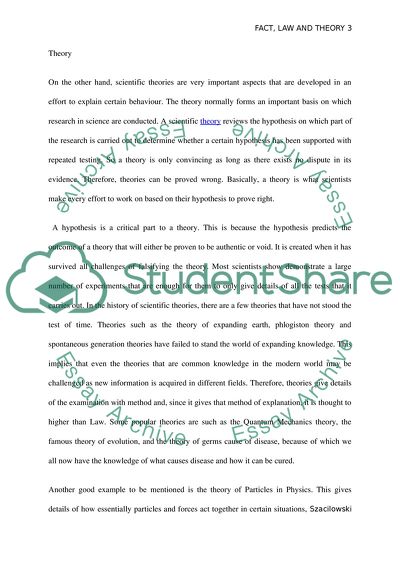Cite this document
(“Science Education and Public Understanding Essay”, n.d.)
Retrieved from https://studentshare.org/education/1700125-science-education-and-public-understanding
Retrieved from https://studentshare.org/education/1700125-science-education-and-public-understanding
(Science Education and Public Understanding Essay)
https://studentshare.org/education/1700125-science-education-and-public-understanding.
https://studentshare.org/education/1700125-science-education-and-public-understanding.
“Science Education and Public Understanding Essay”, n.d. https://studentshare.org/education/1700125-science-education-and-public-understanding.


